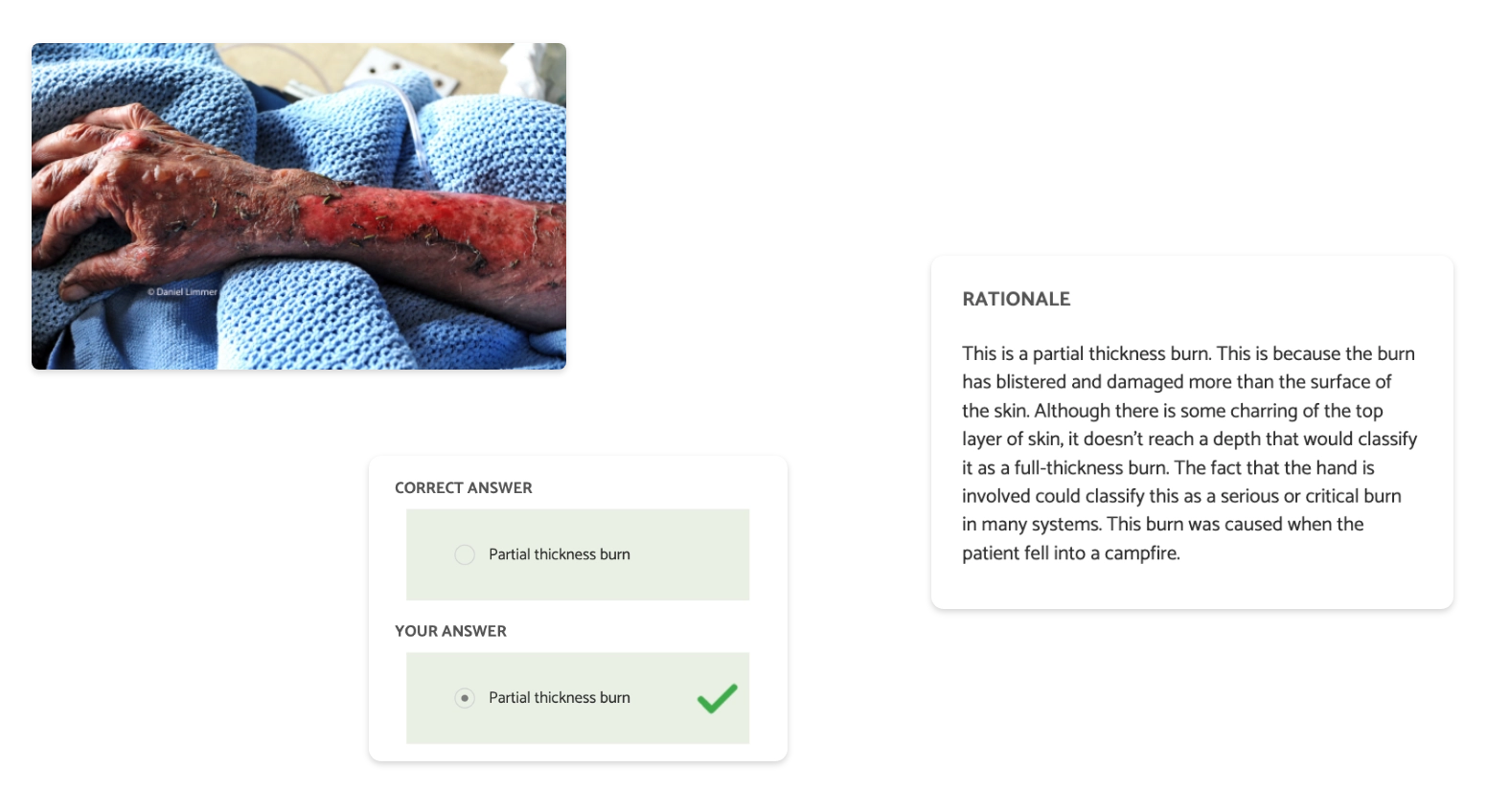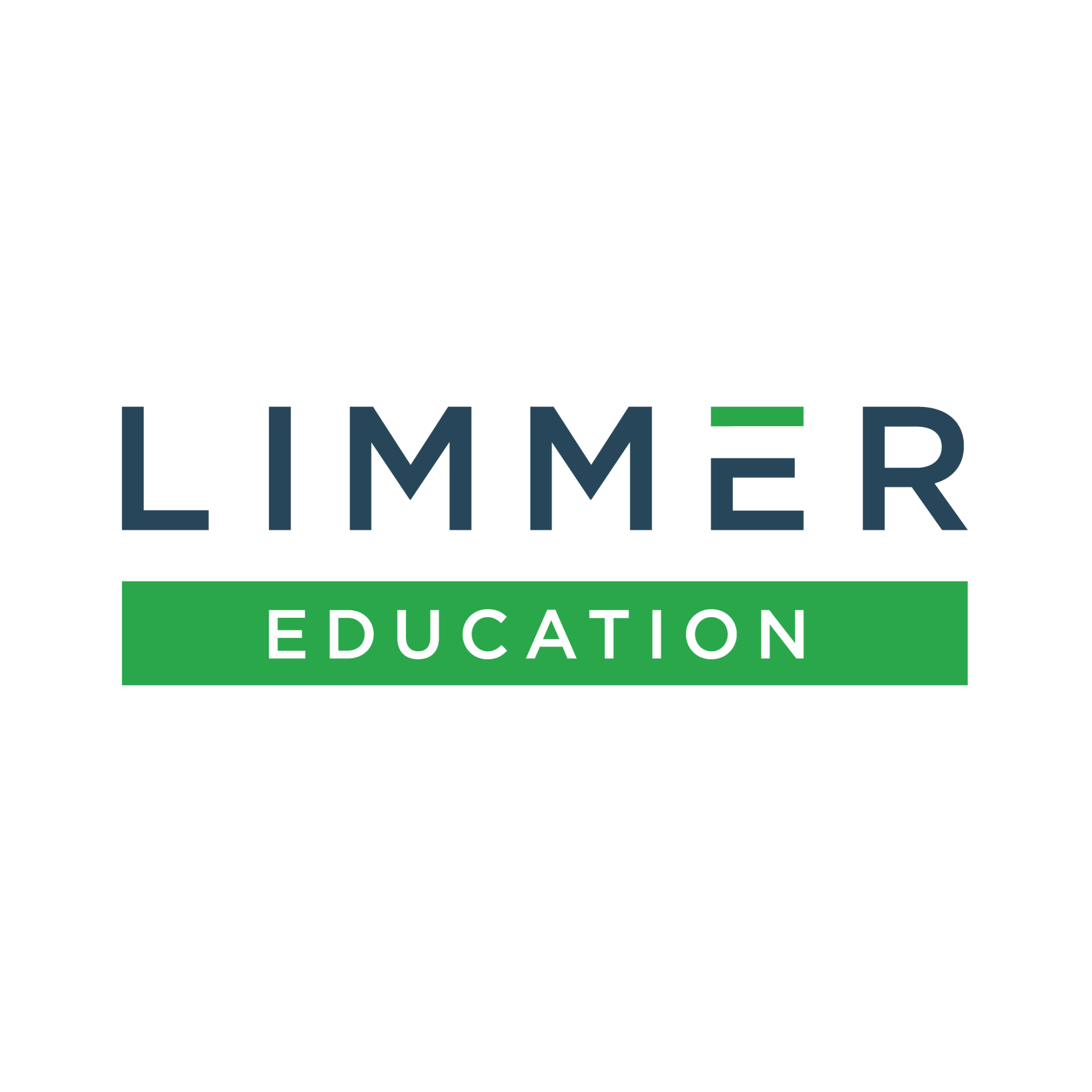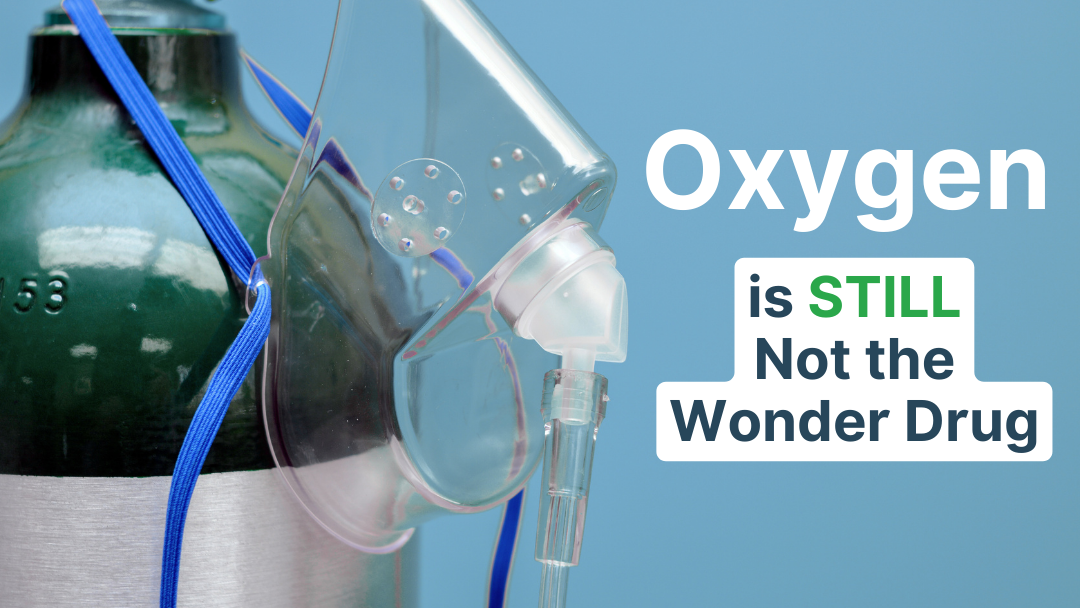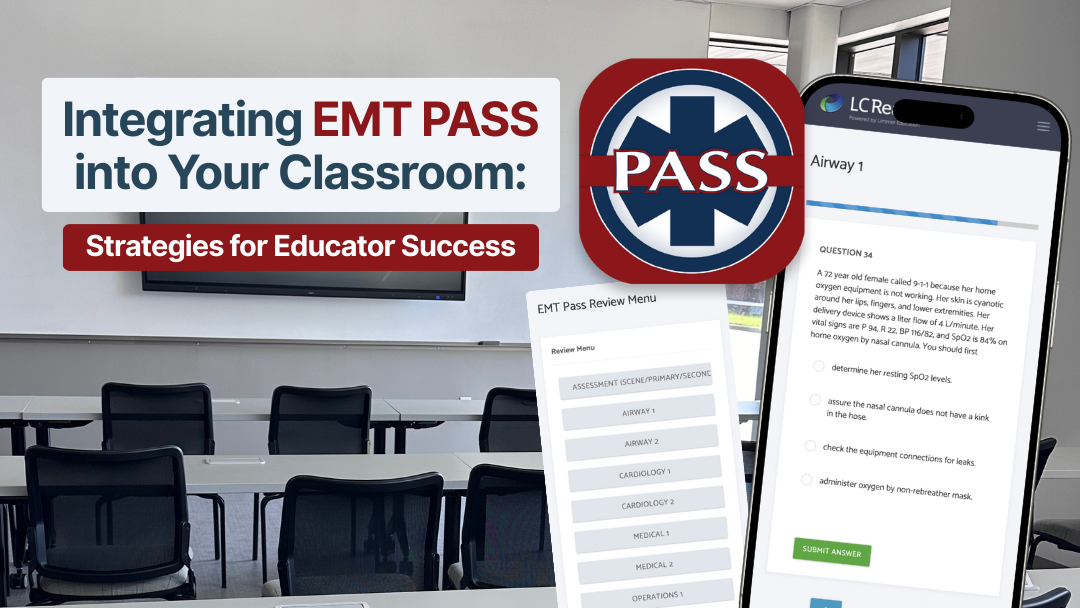

Trusted Education for the Future of EMS
NREMT prep and classroom solutions that build better providers.
The Limmer Advantage








Made by NREMT Experts
Clinical Depth
From Class to Field and Beyond




NREMT Success
Help students succeed on their exams. Our apps focus on critical thinking, pattern recognition and pathophysiology.
Get startedAfter using your products and learning how to attack and understand questions I felt more confident than ever. The material you offer is amazing! It helped me to finally pass my NREMT! – Trevor D.
Educator Tools
We’re here to help you create a more dynamic, inspiring, and productive classroom.
Get startedI recommend Limmer resources to all my students. The pass rates are much higher and students have shown to be more efficient and effective in the field as a result. – Scott Stephens
Knowledge & Application
Our NREMT remediation courses help users pass… and give them relevant, deep understanding. 24-hr. EMT / 36-hr. AEMT
Get startedMy saving grace! I completed your online remediation and went in to take my third attempt and passed! Thank you!! – Sidney F.
CAPCE Approved
The 7 Things EMS podcast provides fluff-free, boredom-free CE for a variety of topics, from education to toxicology.
Get startedThank you for this podcast. I have learned so much and love that I can get CE for listening. – Julie R.

Find Your Match
We have a wide variety of apps for all different stages of your EMS education.
Use our product finderFrom our EMS Articles
Loved by EMS Students, Educators and Institutions
-
-
Passed both my EMT and Advanced with ease after using [Limmer] products. They do an awesome job at prepping you for real world situations too!
Joey BaileyAEMT -
You guys have the absolute BEST customer service!
Cindy W.EMT-P Dept. Head
-
-
-
[EMT PASS] has been invaluable! I've checked out a plethora of other test-prep apps, but THIS one is by far the BEST! Dan has a no-nonsense and direct approach that makes it very clear as to why the answers are what they are. Seriously, Best. App. Ever.
Toni TroneEMT -
I finally passed my test (fourth time taking it) and it was all to this [EMT Remediation] class. I realized that I knew the material well, but I did not know how to answer the questions properly. Also a lot of what I learned was not up to date compared to this class. So thank you so much for this as it was the reason I was finally able to successfully pass.
Nolan RademakerEMT
-
-
-
We've been telling our EMT students about the apps for studying for NREMT and have received nothing but positive feedback!!! All of the students from my campus that have utilized the apps have passed on their first attempt!
Lara OndruchEMT Instructor -
I just wanted to thank you for having wonderful tools. I user EMTReview.com & the EMT PASS app. I found the interactive test prep very helpful in the way Mr. Limmer broke down the "stem" and picked out the important items. The EMT PASS app was very hard, much harder than the NREMT test.
AngeloEMT
-




